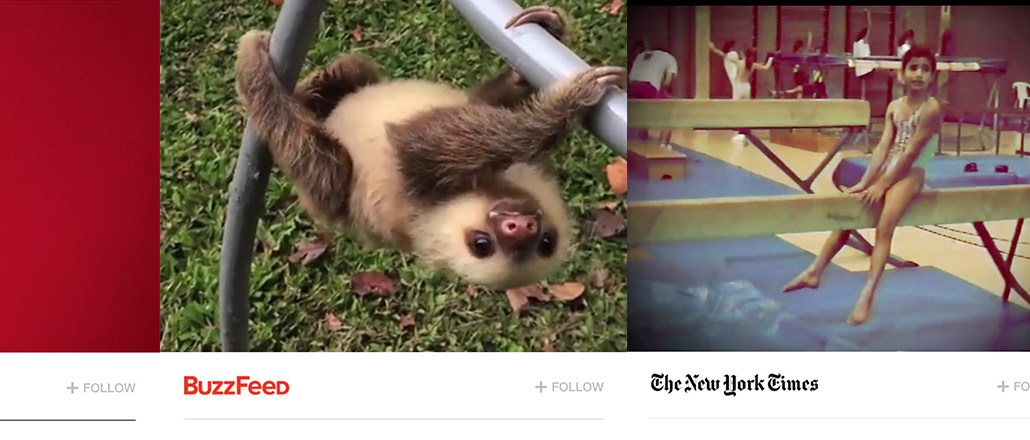
Several media outlets, some of them early adopters to Facebook’s fast-loading Instant Article format, seem to be posting less and less there, according to a new analysis by NewsWhip and confirmed in independent reporting by Digiday.
NewsWhip looked at several publishers’ posts to Instant Articles during a five-day period (Sept. 16-20). It’s hard to draw generalizations from such a short timeframe, but it found that while some publishers including The Huffington Post, Mic and Washington Post are essentially all in on the format, other early adopters (BBC News, National Geographic and The Wall Street Journal) barely seem to be using Instant Articles at all recently. NBC News and Business Insider, “seem to have pulled back as well from creating Instant Articles.” Facebook hasn’t yet responded to requests for comment.
Instant Articles has been controversial since Facebook launched it a little over a year ago. The draw is that articles load much faster than the Facebook links that take readers back to most publishers’ own sites, and engagement on those articles is often much higher than it is on regular Facebook links. But because Instant Articles live on Facebook’s platform, publishers lose some ability to monetize their articles and get skimpy reader data.
Since Instant launched, Facebook has also been aggressively pushing video over text articles in the news feed, which gives publishers more incentive to respond by posting lots of video, which rewards them with more engagement than text articles do.
National Geographic, which was one of the nine publishers that launched Instant Articles, confirmed it has been posting fewer Instant Articles. The publisher is typically posting one to two per day, said Declan Moore, CEO of National Geographic Partners.
NBC News also admitted to having pulled back. The publisher said that when it first started using Instant Articles, it was posting “pretty much all” of its top content so it could see what worked best on the platform. NBC News has found that people are willing to click through to its site when there’s breaking news, so it’s posting less of those articles on Instant Articles while posting more feature-type content, a spokesperson there said.
The Boston Globe, which wasn’t part of the NewsWhip analysis, stopped posting to Instant Articles after a brief test. For two to three weeks, the Globe published all its articles as Instant Articles, said Matt Karolian, social media director for the Globe, and “We didn’t see a lift in engagement, at least not materially.”
Back in May, Business Insider was posting 10 percent of its Facebook links in the form of Instant Articles; of 100 articles it posted in the past day, just two of them were Instant Articles, which are identified by a lightning bolt in the upper-right corner. A spokesperson for BI said there’s been no top-down change in strategy but couldn’t rule out other changes by audience development.
Other publishers seem to be getting more analytical about how they’re using the format, which could account for some of the pullback. During the five-day period, according to NewsWhip, The New York Times published 22 articles to Instant, or 10 percent of the articles it posted on Facebook. They tended to be long-form think pieces or analysis, not breaking news, perhaps for their longer shelf lives.
The counting approach could account for some of the apparent decline. During the time period NewsWhip analyzed, The Atlantic had 10 percent of its Facebook links in the form of Instant Articles. That’s far below the 85 percent of links that the publisher has said in the past that it was posting to Instant. The Atlantic is still publishing all new articles in the format when possible, but the five-day period covered a weekend where it often resurfaces more archives and videos, which aren’t published as Instant, the publisher said.
More in Media

In Graphic Detail: The scale of the challenge facing publishers, politicians eager to damage Google’s adland dominance
Last year was a blowout ad revenue year for Google, despite challenges from several quarters.

Why Walmart is basically a tech company now
The retail giant joined the Nasdaq exchange, also home to technology companies like Amazon, in December.

The Athletic invests in live blogs, video to insulate sports coverage from AI scraping
As the Super Bowl and Winter Olympics collide, The Athletic is leaning into live blogs and video to keeps fans locked in, and AI bots at bay.





